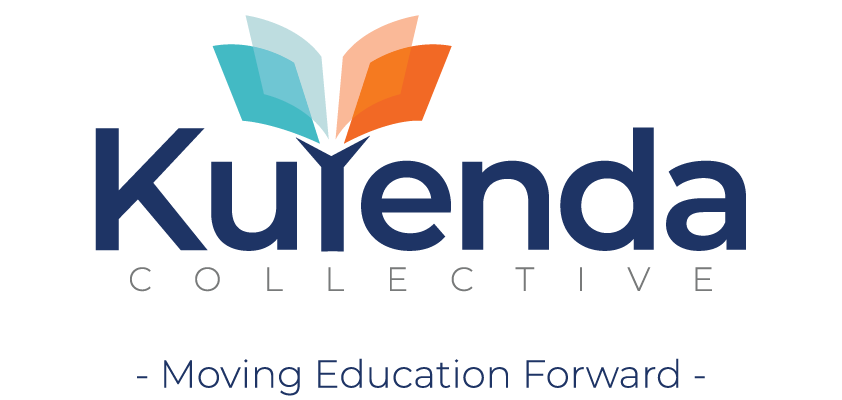Press Release: How can rural youth voices be better heard in transnational education policy spaces?

The Kuyenda Collective seeks to strengthen learners’ advocacy efforts so that they can better engage with decision-makers that affect their experience of education systems. Kuyenda are especially motivated to support increased engagement by young people with transnational decision-makers and institutions that include the SADC; the African Union, UNESCO, the SADC Parliamentary Forum, UNGEI, the Global Campaign for Education and UNICEF.
Supporting rural youth participation and amplifying their voices in transnational education decision-making spaces can be challenging for a range of reasons that are shared below. Through Kuyenda Collective’s project implementation to date we have found that various transnational institutions could improve in the following ways:
1. Publicising opportunities for learner participation: Transnational institutions need to better publicise (on their websites, social media pages, via radio and TV, through WhatsApp flyers etc) opportunities where learners can participate and discuss their education experiences and needs. Kuyenda notes for instance that quite a number of transnational institutions websites do not have an active or updated calendar of upcoming events or the detail is inadequate or unclear to the general public.
Fortunate who is a youth from Binga explained as follows: “We are trying to develop an events calendar for the national and transnational activities. The national calendar is progressing well as we are able to get annual diaries of most relevant stakeholders. However we are struggling with the transnational activities as we are not able to access transnational actors diaries to plan our engagement with them.”
2. Extend their mailing lists: Transnational institutions need to encourage more diverse interest and involvement in their functions – this could be improved by updating their communication mechanisms.
3. Creating innovative platforms: Transnational institutions need to receive written or audio views and opinions from learners, especially where resources and distance limit their ability to attend in-person sittings or meetings. Kuyenda have for instance provided learners with devices and data to support their advocacy and communication. We would welcome transnational institutions extending their means of engagement to better connect with learners.
4. Giving adequate notice and detail: Transnational institutions are encouraged to provide adequate notice and detail on areas where they would like to receive input from learners.
According to Hashimu, who is a Form 3 Student from Chunyu Secondary School: “Having detailed information and notice prior to input in transnational institutions, isvery important because this will give me the confidence to speak out in public and prepare precisely my agenda for communication. I noticed this when I spoke to my fellows during the student assembly.”
Hashimu Ramadhan Mteile
5. Publicise administrative structures and platforms: Some transnational institutions have offices and platforms that could be better profiled, especiually where these exist at national level. This would assist civic actors to engage and better understand and connect with these institutions.
The Kuyenda Collective looks forward to collaborating with transnational education decision-making bodies and institutions to improve learning in schools. We hope that the suggestions and experiences shared above and which are directed at transnational education decision making bodies and institutions will assist in better fulfilling their mandate and building more effective and socially accountable education systems.
The Kuyenda Collective is a group of civil society organisations working with young people in marginalised rural communities to amplify their voices so that they may be better able to contribute to national and transnational education services and outcomes in Mozambique, Zimbabwe, Tanzania and Malawi.
Financially supported by the Education Out Loud (EOL) Fund of the Global Partnership for Education, the Kuyenda Collective members are FAWEMA, CESC-Mozambique, Policy Forum, Teach for Zimbabwe, PSAM, Stimulus Africa and Global Integrity.
For more information about the Kuyenda Collective and its work, please visit The Education Out Loud Website here
ENDS
Contact us:
Email: Rudo at advocacy@kuyendacollective.org; Phone/WhatsApp: +263777887112;
Share and learn with us: Kuyenda Collective Community of Practice

